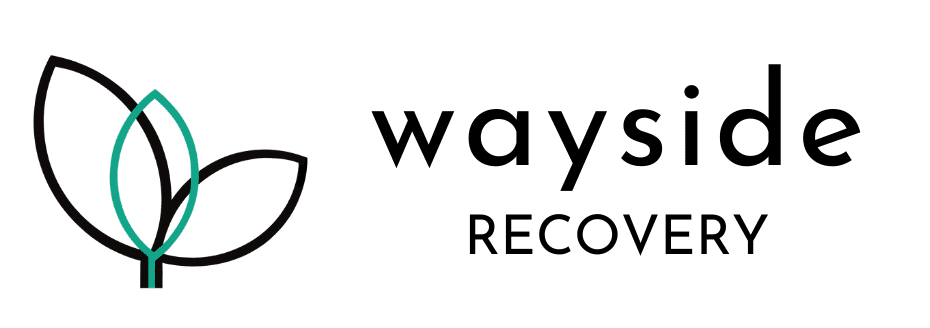Wayside places a strong emphasis on gender-specific care, recognizing the significance of tailoring our approach to the unique needs of women for effective prevention and treatment. Here are five compelling reasons why we specialize in gender-specific Substance Use Disorder (SUD) treatment and how these considerations shape the culture of Wayside.
- Differential Response to Trauma: Women often respond differently to traumatic experiences, such as childhood abuse, neglect, sexual violence, and domestic abuse. These traumas profoundly influence their perspectives on relationships and safety, frequently leading to substance use as a coping mechanism. Additionally, chemically dependent women are more likely to experience co-occurring mental illnesses rooted in trauma, such as depression, post-traumatic stress disorder, anxiety, and eating disorders.
- Low Self-esteem and Relationship Struggles: Many women grapple with issues of low self-esteem and relationship challenges, impacting them uniquely compared to men. These factors can contribute to unhealthy alcohol and drug use. Addressing these issues requires a treatment approach that focuses on teaching women healthy alternative coping strategies for negative emotions and handling relational distress without resorting to substance use.
- Impact of Important Relationships: Women are significantly influenced and defined by key relationships in their lives, including those with children, parents, family members, friends, and significant others. Recognizing the various caregiver roles women assume provides crucial context when shaping gender-specific care. Treatment needs to consider the broader context of a woman’s life, encompassing relationships with family, friends, community members, intimate partners, as well as social and economic environments. Often, these relationships are intricately linked to the root causes of substance use issues and need to be a central focus in treatment.
- Obstacles in Accessing Treatment: Women, especially those who are pregnant or have children, face unique obstacles in accessing treatment. Fear regarding the well-being of their family during their absence can deter them from seeking help. Holistic treatment that addresses all aspects of a woman’s life, including on-site childcare, can alleviate these concerns and serve as a significant motivator for completing treatment.
- Stigma Associated with Parenting and Substance Use: The stigma associated with parenting while using substances can lead women to self-manage their chemical dependency, exacerbating their struggles with SUD. Recognizing the link between substance use and societal expectations of motherhood is vital in dismantling stigma and acknowledging the complexities women face.
Wayside’s programming takes into account these unique needs, offering holistic healing for women. We prioritize family services, ensuring that families understand their role in the recovery process and that children receive the care necessary for their well-being. Committing to treatment may seem daunting, but Wayside’s Intake staff is dedicated to guiding individuals every step of the way.
Take our short online assessment to determine if you need our support or call our intake line to start the process right away (651) 242-5540
